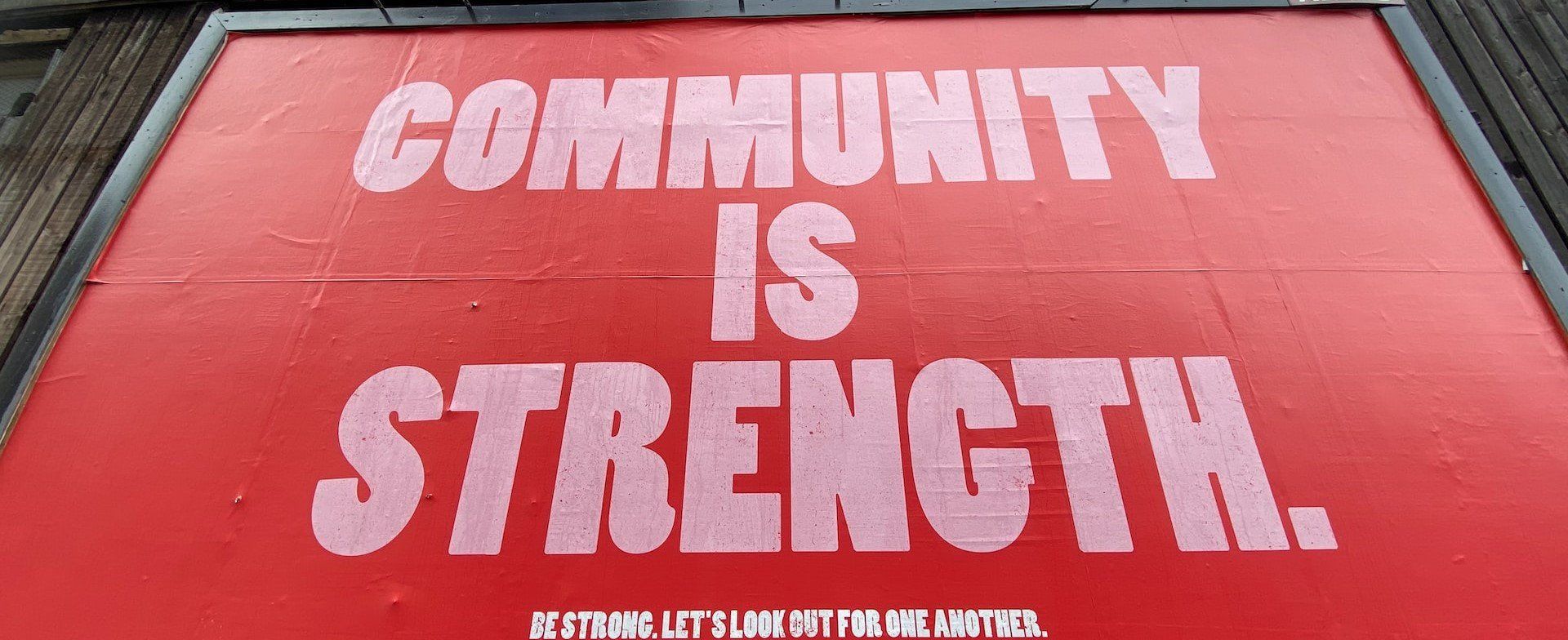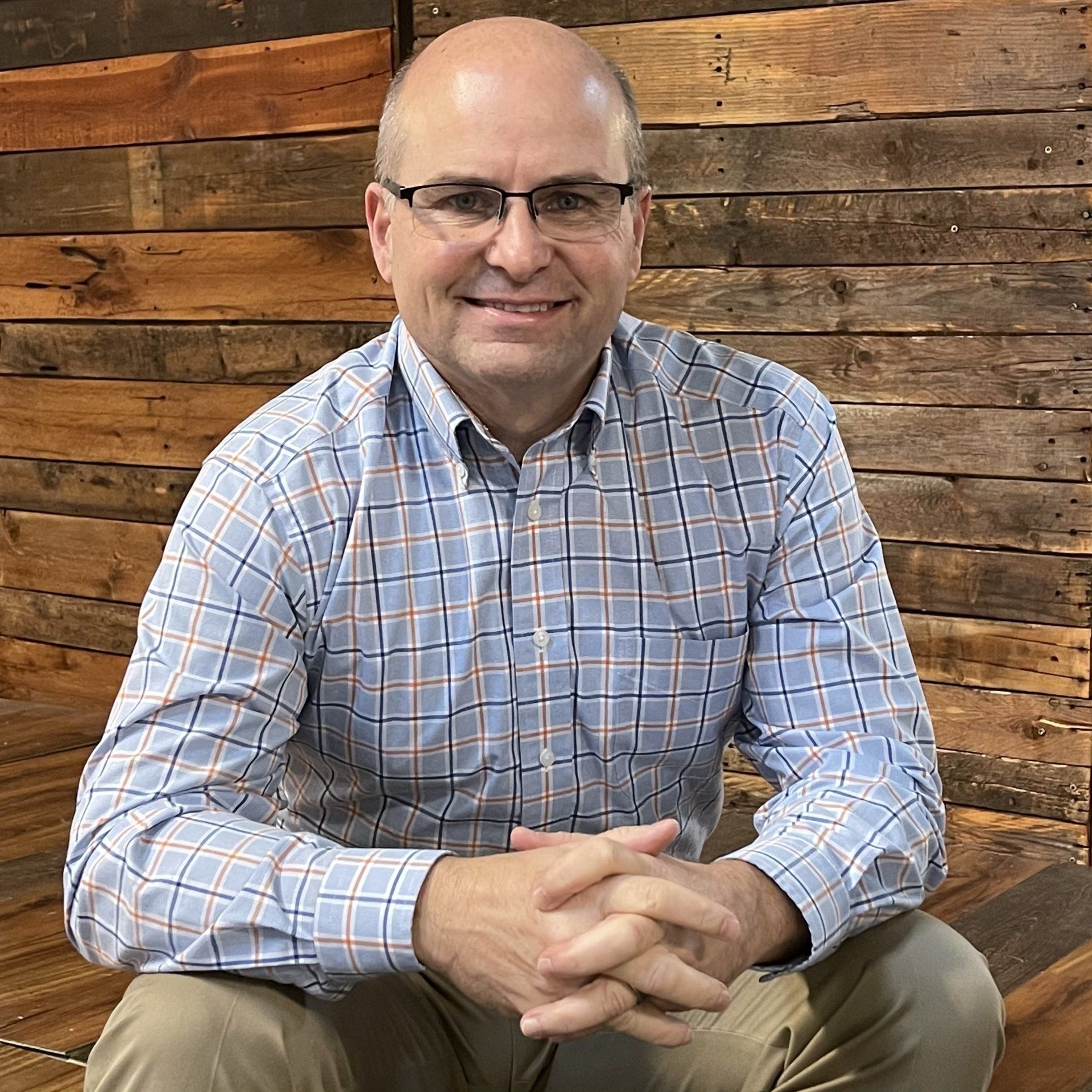Learn more about my book "The Courageous Ask"
Personal Identity = Operational Performance?
During my time as the executive director of our health clinic, my personal identity became closely aligned with the organization. I was the founder and my whole life revolved around the clinic.
The wife of one of my friends always had trouble remembering my last name and would refer to me as “Brian (The name of our organization as my last name)”. When I would introduce myself to people who didn’t seem to know me, I would tell them I am the founder of our clinic. Instantly, they would act like they knew me for years.
I definitely fell into the trap of lost personal identity. And as a very important side note, eventually my identity in Christ became lost in my pride and arrogance. The result of the combination of these two things led me down a path that contained a horrible leadership fall.
Paul David Tripp, in his book Dangerous Calling wrote, “I had let ministry become something it should never be (my identity); I looked for it to give me something it never could (my inner sense of well-being).”
So, is your identity so wrapped up in the organization's identity that the judgment of your life depends on the organization’s health?
(This blog focuses on starting a conversation centered on preventing the fall of nonprofit leaders. I write it from a Christian perspective, but all leaders will benefit. Be sure to sign up to receive these articles via email every Tuesday at
briankreeger.com as well as taking a look at previous blog articles. In addition to receiving these articles two days before they hit social media, you will receive the article "5 Early Indicators of a Christian Nonprofit Leadership Fall" along with the Contents, Introduction and the Appendix (My story) of my book,
The Courageous Ask: A Proactive Approach to Prevent the Fall of Christian Nonprofit Leaders.)
Allow me to share a story
of someone we all recognize who seemed to have this same problem.
Some time ago, I became addicted to
The Crown. The Crown is a Netflix series that centers on the reign of Queen Elizabeth.
In the first season, for Winston Churchill’s 80th birthday, both houses of the British Parliament commission a painter named Graham Sutherland to produce a painted portrait of the Prime Minister to be given to him at a joint celebration of his birthday and the opening of Parliament in 1954.
Churchill (played brilliantly by John Lithgow), is not thrilled about it.
During the artist’s first visit to Churchill’s home, Churchill asks Sutherland, “What Churchill do you want, and what will you be going for: flattery or reality? Do you want me to be a cherub or a bulldog?”
Sutherland replies, “There are a number of Churchill’s,” and the Prime Minister's wife, Lady Spencer-Churchill agrees with a smirk.
Not feeling confidence in his portrait, Churchill implores him not to be accurate and the artist Sutherland replies that “accuracy is truth.”
Churchill says that “Accuracy is for the camera, but painting is the higher art and, as a painter myself, I don’t let accuracy get in the way of truth if I don’t want it to be.”
In a follow-up session Churchill asks Sutherland’s wife, who is assisting, about the preliminary drawing the artist is working on, and she says, “It has truth.”
A little later in the session, Churchill complains that Sutherland will not allow him to take a peek at the drawing so he can possibly advise him on his drawn portrait.
Sutherland replies in this way: “I find in general people have very little understanding of who they are. They must turn a blind eye to so much of oneself just to get through life. (Hmmmmm?) Sutherland goes on to explain that as an artist, it is his responsibility to bring the good, as well as the bad out in the open.
Churchill, who is clearly irritated, replies to “just concentrate on the good and all will be well.” He goes on with an increased anger, “You are not just painting me. You are painting the Prime Minister of the United Kingdom of Great Britain and Northern Ireland and everything that great office represents. Democracy, freedom, the highest ideals of government and leadership.”
He ends with an emphatic “Just remember that!”
You’ll have to watch the episode to see what happens after that. No spoiler here. Keep in mind that I am not historically examining Winston Churchill in depth, and am only taking a look at a dramatic representation in a television series as I saw it.
What struck me as I watched this was that I saw a vulnerability in Churchill, and a concern in him about the sharing of the truth of who he was as an individual. Perhaps a deep truth about himself that he did not want revealed that made him uncomfortable. An insecurity in him that the artist might reveal something that not even Churchill wanted to see.
I think it is very interesting that Churchill’s response when he was pushed was to state the position he held, what he does. Not who he is, which is what the artist is working to portray in his painting of Churchill. In his statement, Churchill is clear that he is talking about the office. But considering the emotion he displayed, it was much more personal than that.
Forgetting who we truly are,
consciously or unconsciously, in favor of the inaccurate portrait we have painted of ourselves, in our minds and/or to the public, is a temptation to nonprofit leaders, especially executives. Instead of taking a deep look at ourselves, striving for accurate self-examination, it is easier and less personal to keep our examination and attention on our identity and role as leader of the organization.
Many times, an executive’s default view of self comes more in light of the organization’s success or failure, and not in light of their own life’s walk.
When confronted about an issue in their life-in their own mind or by others-they may react somewhat like Churchill did; with quotes of what they do in their role, the sacrifices they have made, their accomplishments, the successes they have had, and so on. Many times, they become so tied up in that identity and in past successes that they take away their own ability to surmise an objective accounting of who they currently are.
The executive’s identity becomes so entwined with the organization that their true view of self becomes a blurred portrait they no longer recognize.
This identity may be satisfying
as an executive carries out their work, but eventually it catches up with them. When they lay their head on their pillow, or when they truly examine who they are-who they’ve become-that examination may ring hollow.
This hollowness contributes to the loneliness and isolation that already exists in the life of many leaders. And this can lead to a fall.
One time I heard somewhere
that when Marilyn Monroe was asked why she struggled with relationships, her answer was something like this: I never knew if the person I was getting to know was interacting with Marilyn Monroe or with me. Clearly Marilyn recognized there was a gap between who she was publicly and her true self. Interesting, huh?
This type of inconsistency can exist in the life of our leaders, whether it be inside their own mind or in the public image. In other words, there can be a difference between the public/professional life and the personal life.
When I was interviewing leaders for my book, I found that the most successful executives clearly understood who they truly are, and are consistent among all the roles in their life. They also had mechanisms in place to keep it that way.
So, what are you doing
to hold on to your accurate and authentic identity? Have you written down who you truly are, apart from your public persona? Have you involved other people to keep you in touch with your true identity?
Are you listening? If not, a fall could be around the corner.
Be Courageous!
Be Proactive!
Be sure to sign up to receive these articles via email every Tuesday at
briankreeger.com. In addition to receiving these articles two days before they hit social media, you will receive the article "5 Early Indicators of a Christian Nonprofit Leadership Fall" along with the Contents, Introduction and the Appendix (My Story) of my book,
The Courageous Ask: A Proactive Approach to Prevent the Fall of Christian Nonprofit Leaders.
#Leadership Fall #Leadership Survival #Nonprofit Relationships #Proactive Approach #Leadership Struggles #Leadership Battles #Christian Executive Leader #Christian Leader #Courageous Ask #Proactive #Proactive Leadership #Nonprofit Leadership #Winston Churchill #Personal Identity






